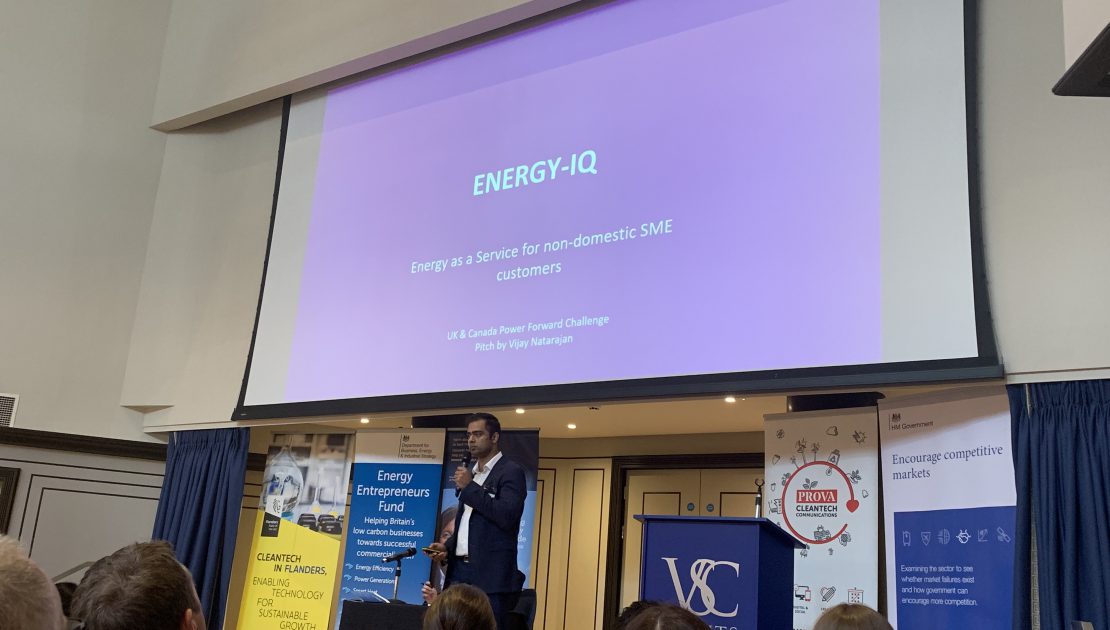Businesses are faced by increasing energy costs. They will be 45% higher in 2020 compared to 2016 levels. With more distributed renewable and Electric Vehicles being connected to the energy system, without smarter energy management the various time-of-use based charges in the bill are predicted to increase further.
A smarter energy system is estimated to give benefits of up to £2.4-8 billion a year to the consumers by 2030 (Carbon trust, 2016). In the current model there is no incentive for suppliers to reduce the energy costs for businesses. Industrial sites and large supermarkets have even been able to earn new revenues deploying smart controls and energy storage solutions.
These interventions are however not viable for the medium size half-hourly metered customers (over 120,000 in UK) and over 2 million smaller sites part of the smart metering rollout. These businesses lack the time and resources to proactively monitor and take actions for energy efficiency and demand shifting.

